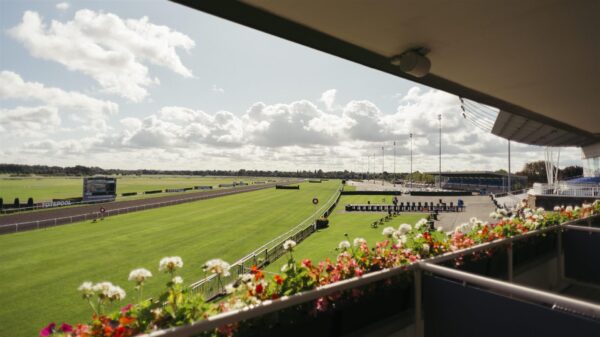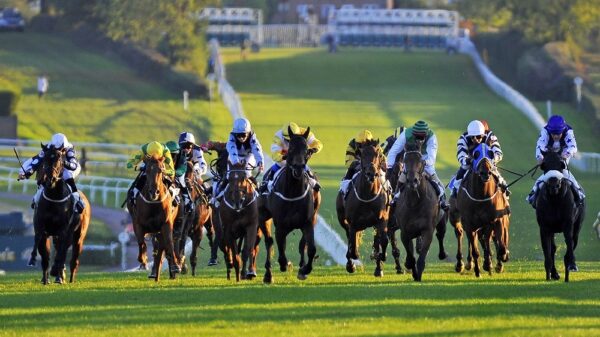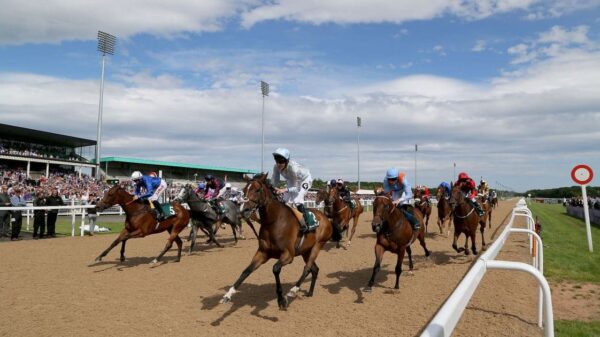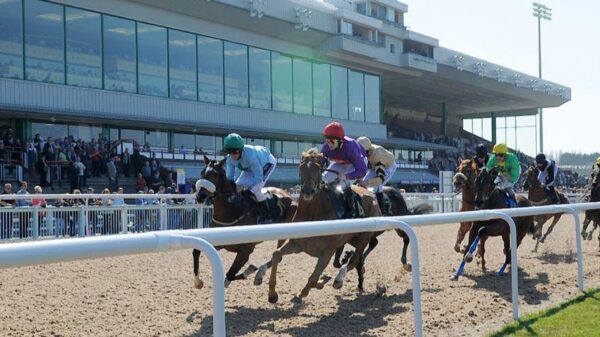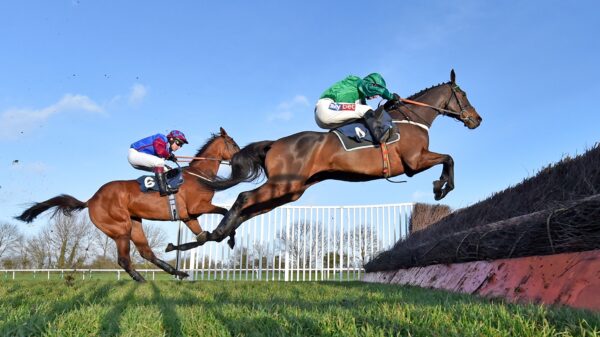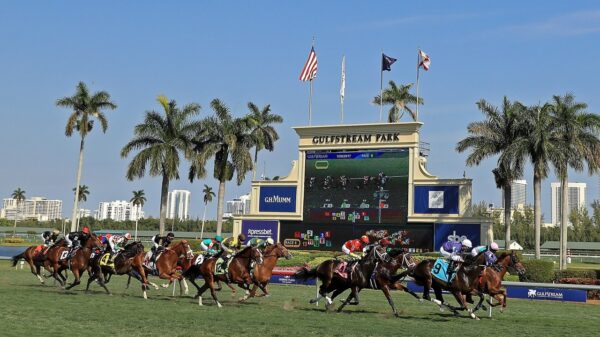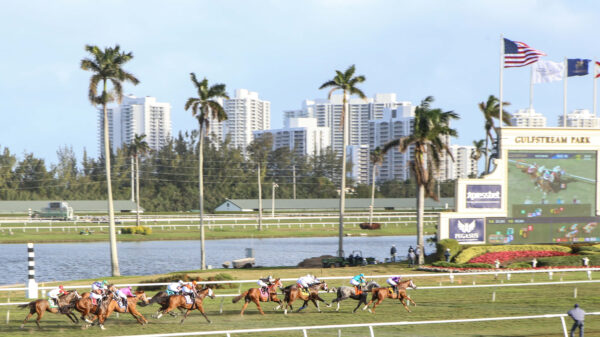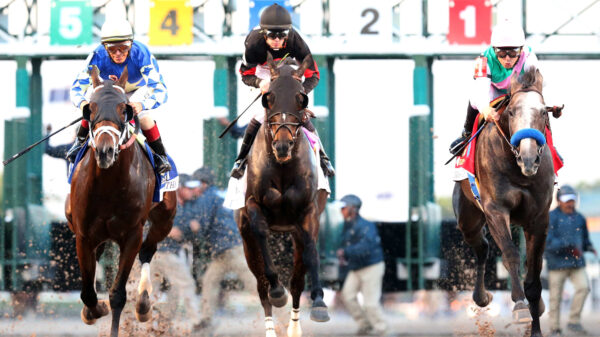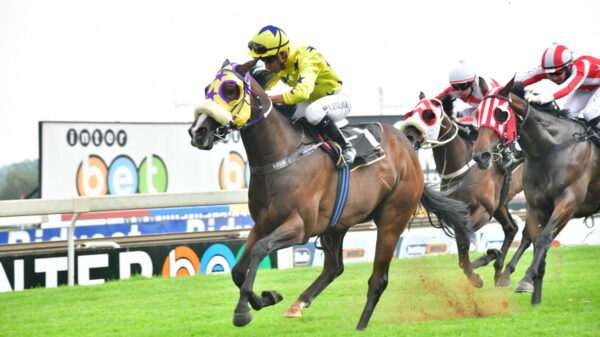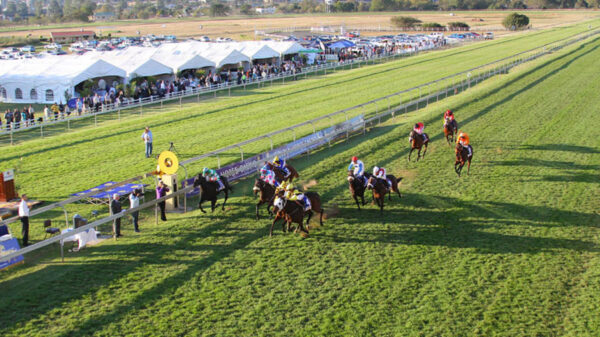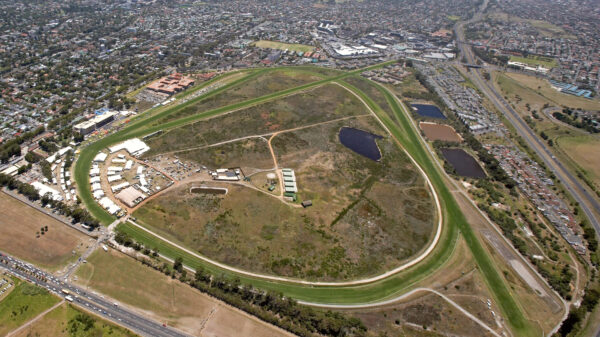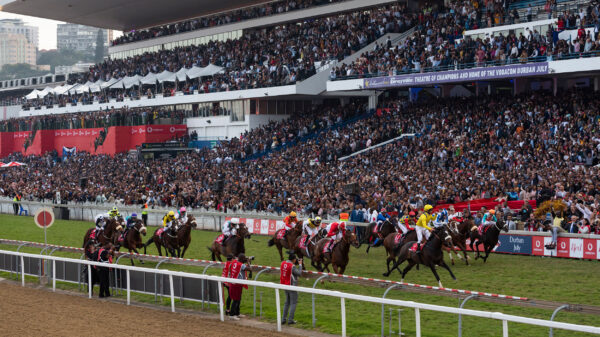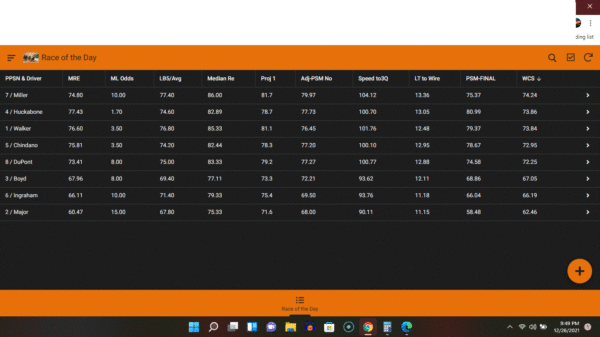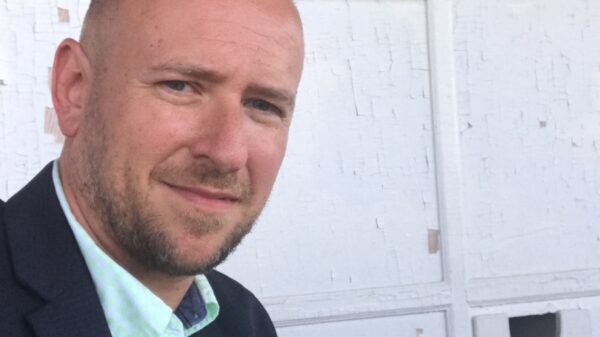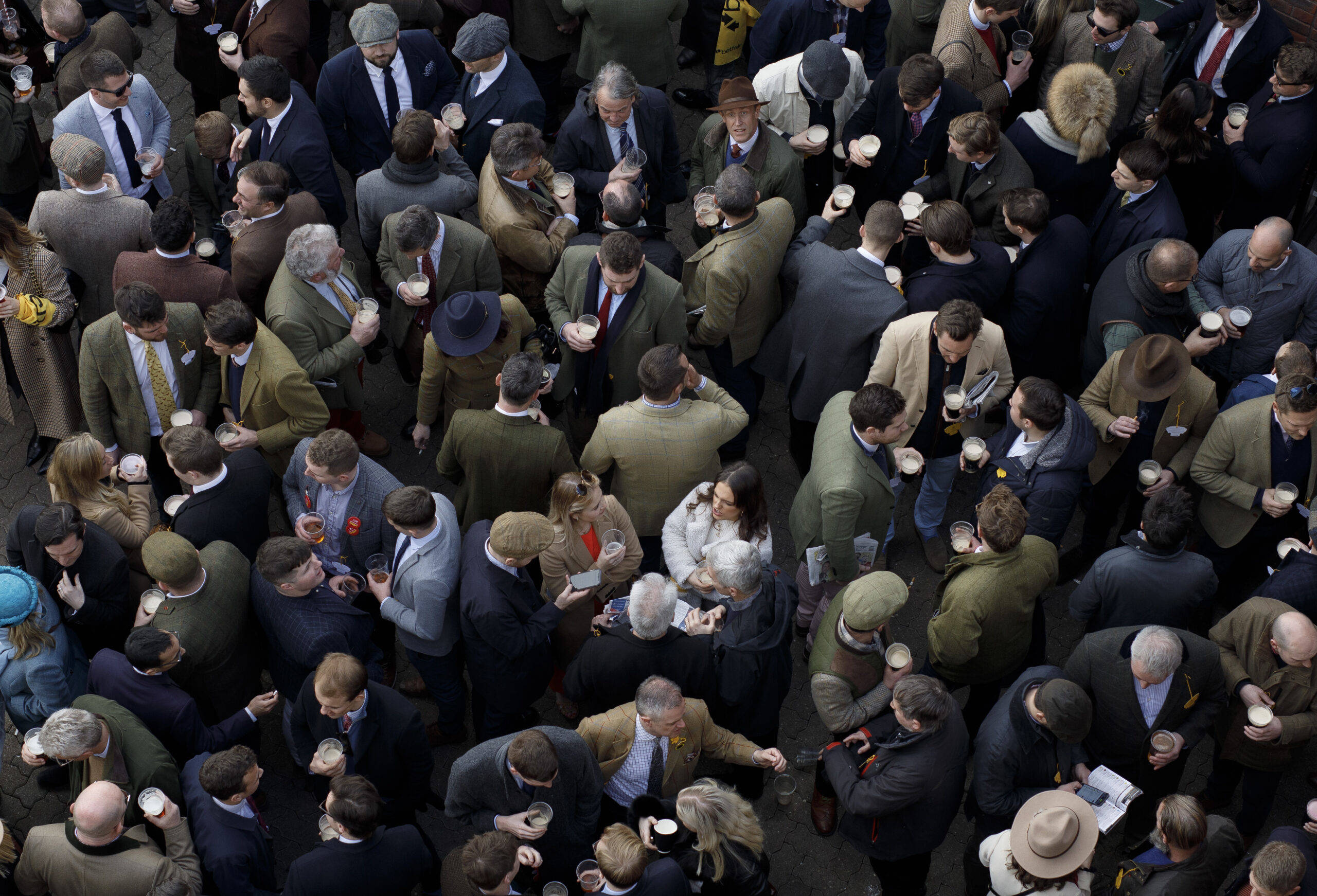The Cheltenham Jockey Club has come under fierce criticism for allowing crowds to attend the four-day Cheltenham Festival in which a number of high-profile racegoers have since suffered coronavirus symptoms.
The Jockey Club was forced to defend its decision to proceed with spectators in attendance over the course of four days with more than 250,000 racegoers piling through the turnstiles to celebrate the annual festival.
Andrew Parker Bowles, the former husband of the Duchess of Cornwall has contracted symptoms while comedian Lee Mack and footballer Charlie Austin are among racegoers to have subsequently reported symptoms of Covid-19 infection. Two local men who were working at bars or restaurants at the course during the meeting have also reported symptoms with more tipped to arise from the meeting.
It comes just four-days before Prime Minister Boris Johnson announced extensive UK-wide lockdown measures.
The Festival’s organisers issued a statement that they were confident in their decision after extensive consultation after other major sporting events in the nation also opted to go ahead.
“The Festival concluded three weeks ago and went ahead under the clear and ongoing guidance from the government and its science experts throughout, like other popular sports events at Twickenham [and] Murrayfield, 10 Premier League matches and the UEFA Champions League (between Liverpool and Atlético Madrid) at Anfield that same week.” A spokesperson said.
“We promoted the latest public health advice and introduced a range of additional hygiene measures at the event, including hundreds of hand sanitiser dispensers and extra wash basins.”
The decision to hold Liverpool’s game with Atlético at Anfield has been heavily criticised, particularly given the city of Madrid in Spain was by then known to be a centre for the virus in Spain. Cheltenham’s decision to go ahead – and the decision of 20,000 Irish people to travel over for the festival – triggered widespread anger and disbelief in Ireland last month.
“If Cheltenham was being held in Ireland I don’t think it would be on, quite frankly,” Simon Coveney, the foreign minister and tánaiste (deputy prime minister), told RTÉ’s flagship news show, Prime Time.


